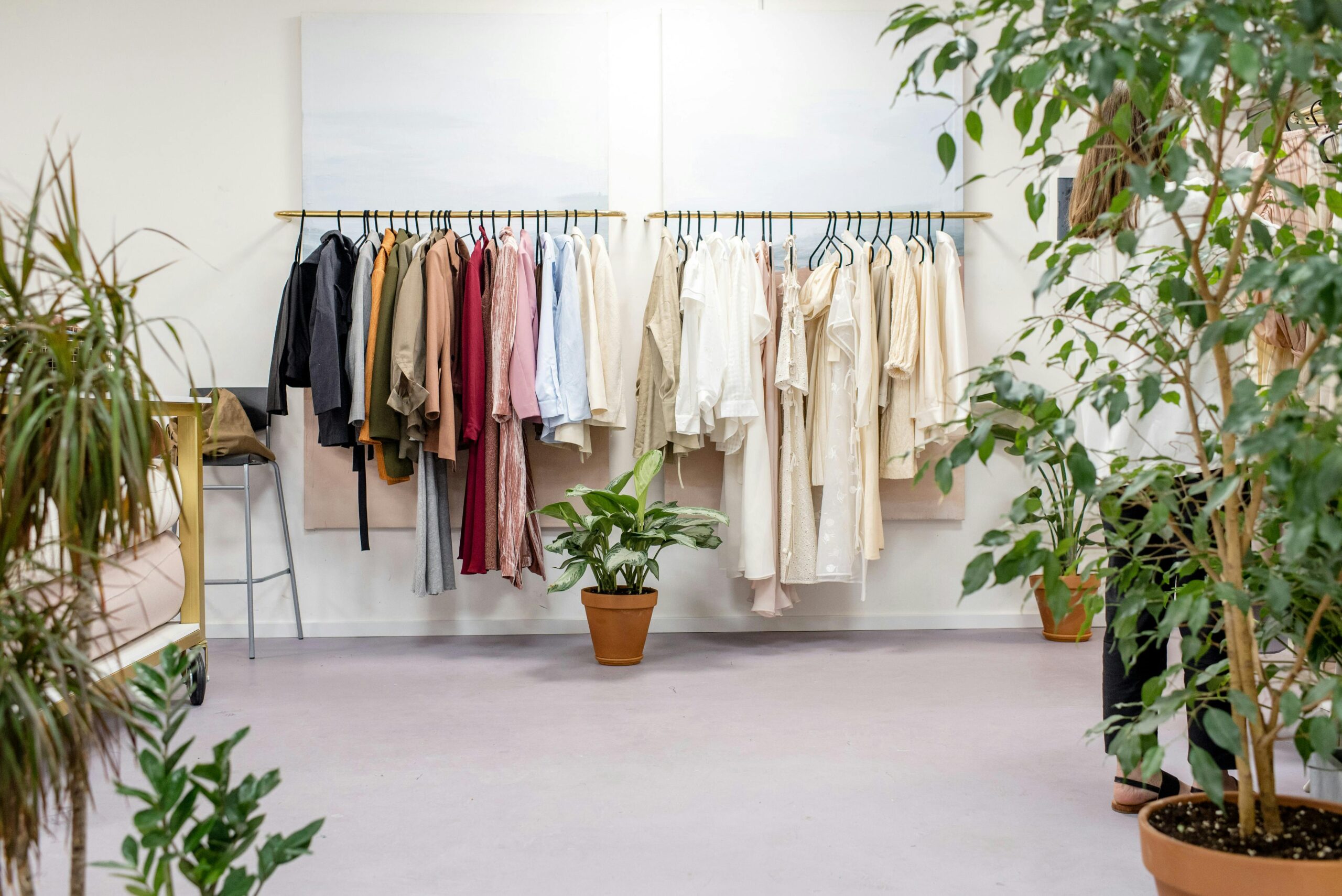In a world where fast fashion dominates, the benefits of choosing natural fabrics like cotton, wool, and linen often go overlooked. These materials not only provide superior comfort but also offer a range of health, environmental, and practical advantages that synthetic fabrics simply can’t match. Whether you’re looking to build a more sustainable wardrobe or simply want to feel better in your clothes, natural fibers are the way to go. Let’s explore why.
Disclaimer – This post may include affiliate links, which means I could earn a commission if you make a purchase through my links—at no extra cost to you.
Why Choose Natural Fabrics?
1. Breathability and Comfort
Natural fabrics allow air to circulate more freely, keeping you cool in the summer and warm in the winter. Cotton, linen, and wool regulate temperature better than synthetic materials, making them ideal for year-round wear.
2. Hypoallergenic and Skin-Friendly
Synthetic fibers can often trap sweat and bacteria, leading to skin irritation and allergies. Natural fabrics, on the other hand, are gentler on the skin, making them a great choice for people with sensitive skin conditions like eczema.
3. Eco-Friendly and Biodegradable
Unlike synthetic materials that contribute to plastic pollution, natural fibers decompose more easily and have a much lower environmental impact. Organic cotton, linen, hemp, and wool are sustainable choices that reduce chemical exposure and water waste in production.
4. Durability and Longevity
High-quality natural fabrics tend to last longer than their synthetic counterparts, making them a more cost-effective investment in the long run. Wool, for example, is naturally resilient, while linen gets softer and stronger with each wash.
5. Better Moisture Control
Fabrics like wool and linen wick moisture away from the skin, preventing excessive sweating and odor buildup. This makes them ideal for both casual wear and active lifestyles.
Safe and Sustainable Natural Fabrics to Consider
- Cotton – Soft, breathable, and widely available. Choose organic cotton to avoid pesticides.
- Wool – Excellent for warmth and moisture regulation. Opt for ethically sourced wool to support humane practices.
- Linen – Highly breathable and durable, perfect for hot climates.
- Hemp – Strong, long-lasting, and naturally resistant to bacteria.
- Silk – Luxuriously soft and hypoallergenic, though it requires more delicate care.
- Bamboo – Naturally antimicrobial and moisture-wicking, though be mindful of manufacturing methods that can impact sustainability.
Basic Clothing Essentials to Start With
If you’re looking to transition to a wardrobe with natural fabrics, start with these versatile staples:
- Cotton T-shirts – A breathable everyday essential.
- Linen Shirts & Blouses – Perfect for casual or professional wear.
- Wool Sweaters & Cardigans – Great for layering and temperature control.
- Organic Cotton or Linen Pants – Comfortable and stylish alternatives to synthetic trousers.
- Wool Socks – Help regulate foot temperature and prevent moisture buildup.
- Hemp or Linen Dresses – Lightweight and elegant for warm weather.
- Silk or Cotton Sleepwear – Enhances comfort for a restful night’s sleep.
- Cotton Underwear – A breathable everyday essential.
Final Thoughts
Making the switch to natural fabrics is a small change that can have a significant impact on your health, comfort, and the environment. While synthetic materials may be convenient, they often come with hidden costs—both personally and globally. By choosing high-quality, natural textiles, you invest in clothing that not only looks and feels better but also aligns with a more sustainable lifestyle. Start with a few essential pieces and build your collection over time. Your skin, wallet, and the planet will thank you!
